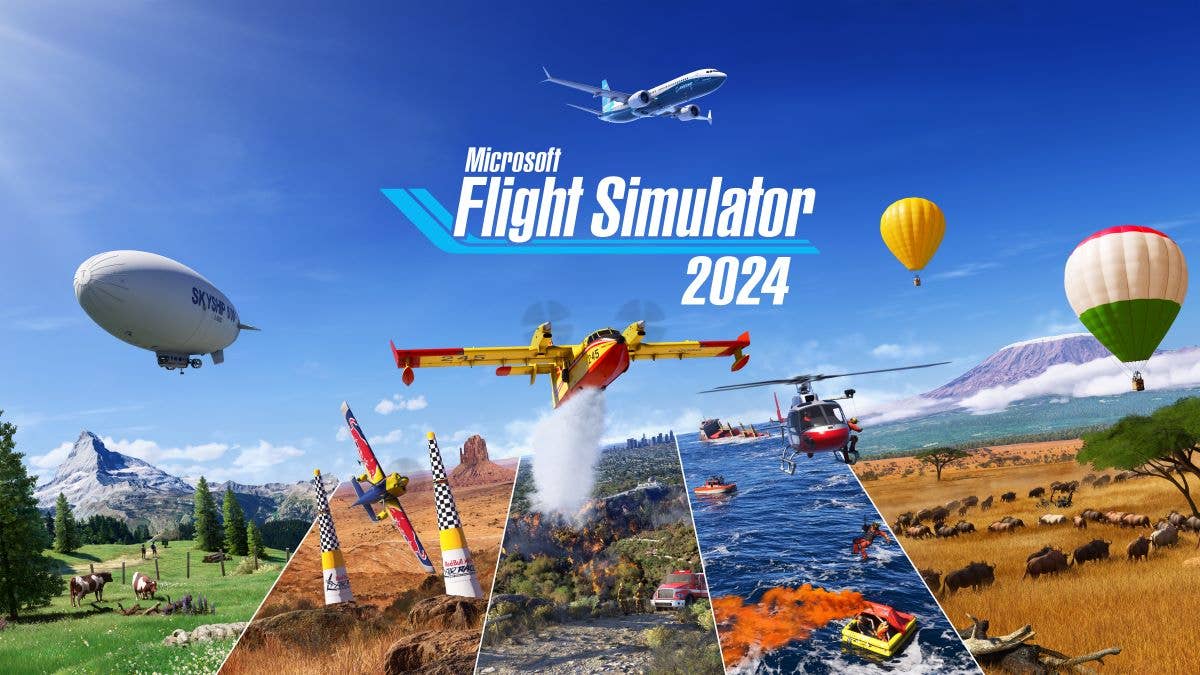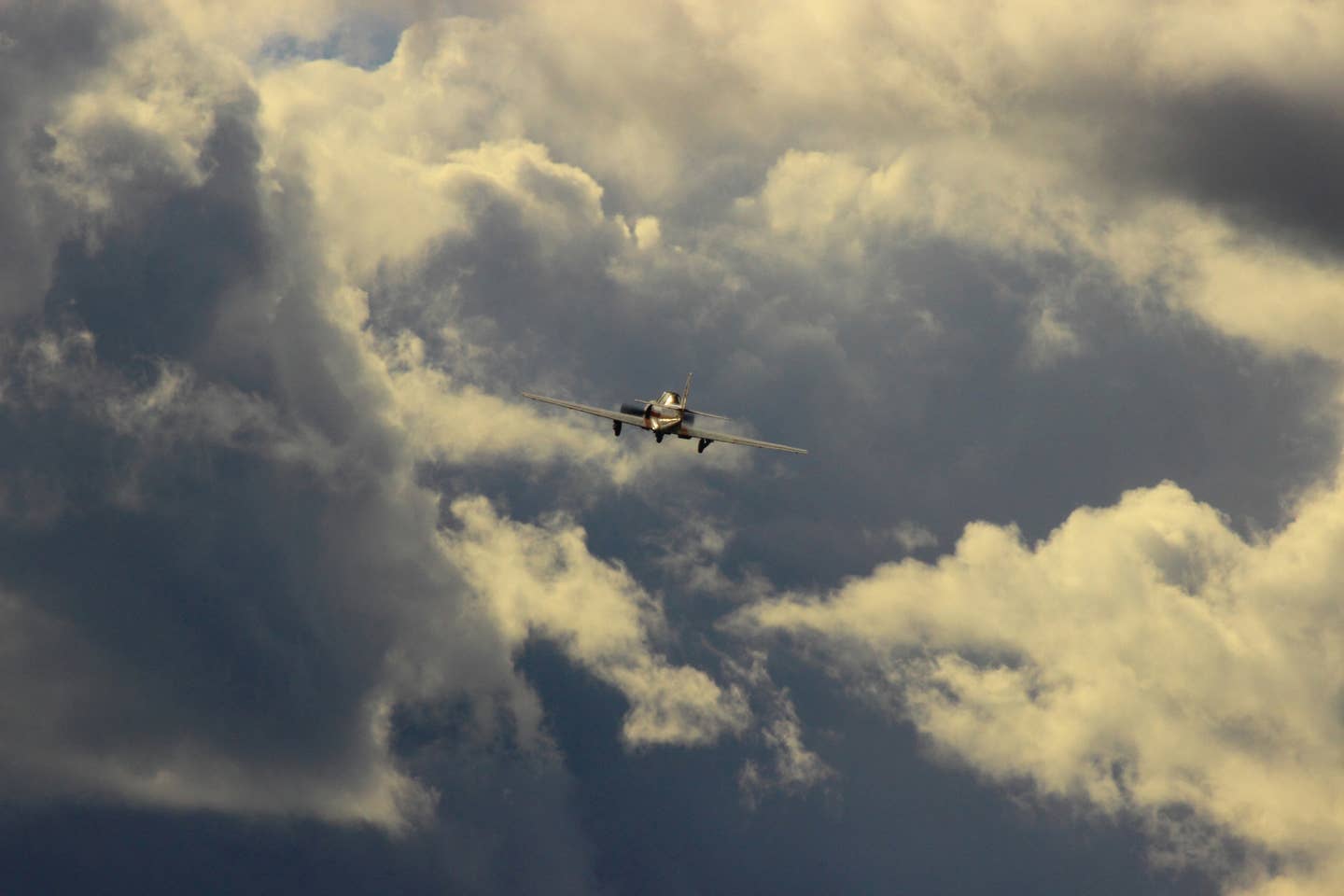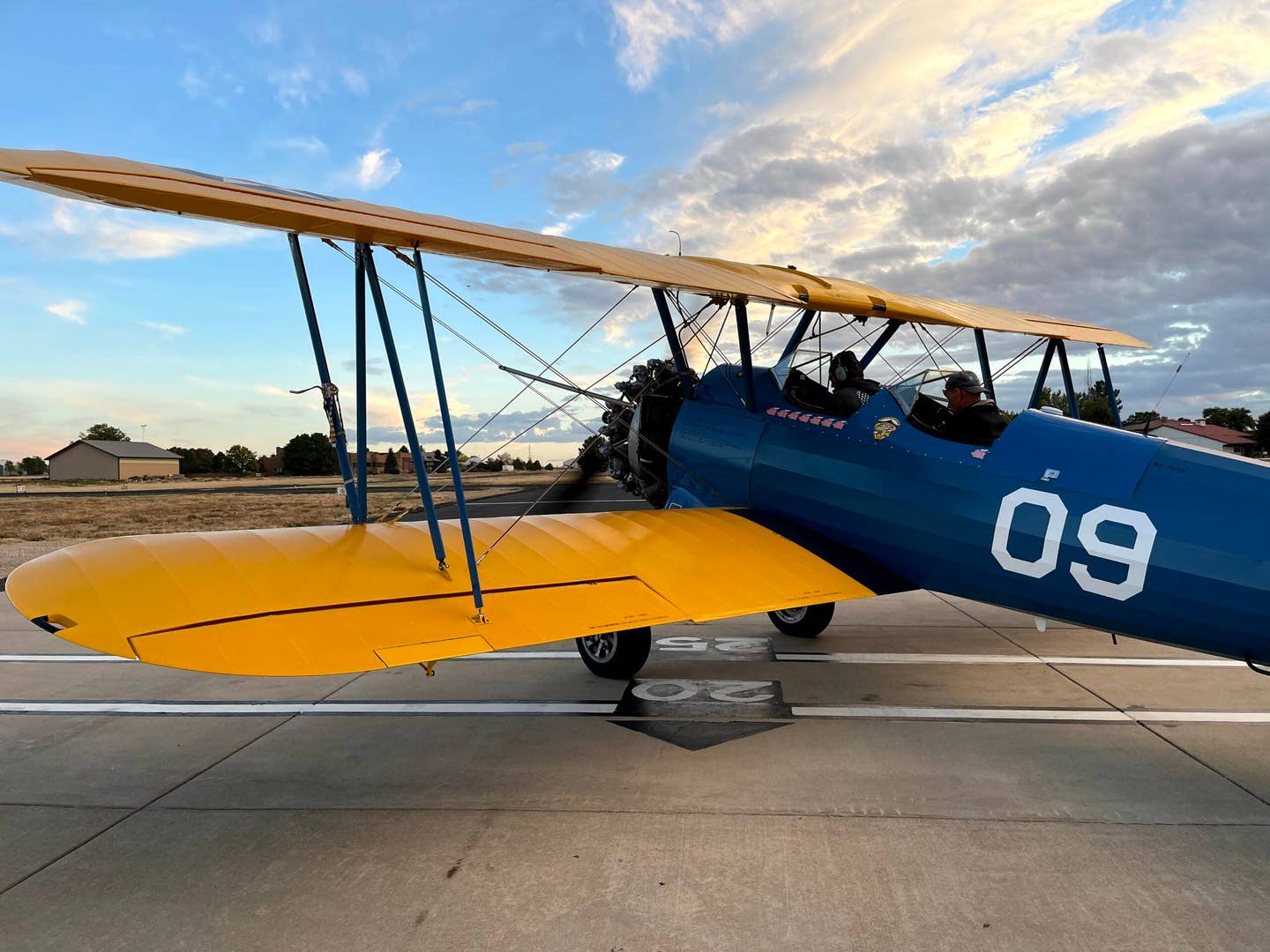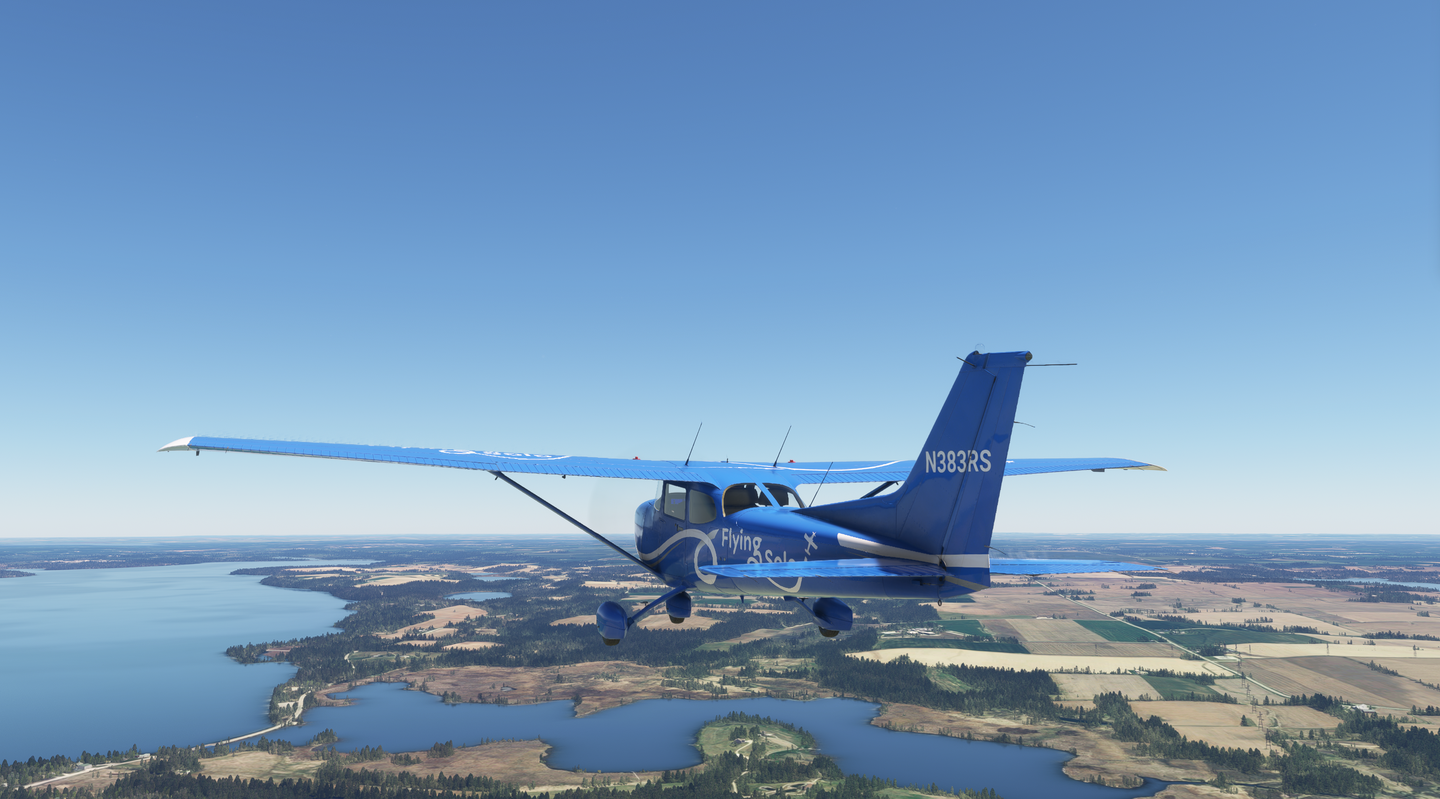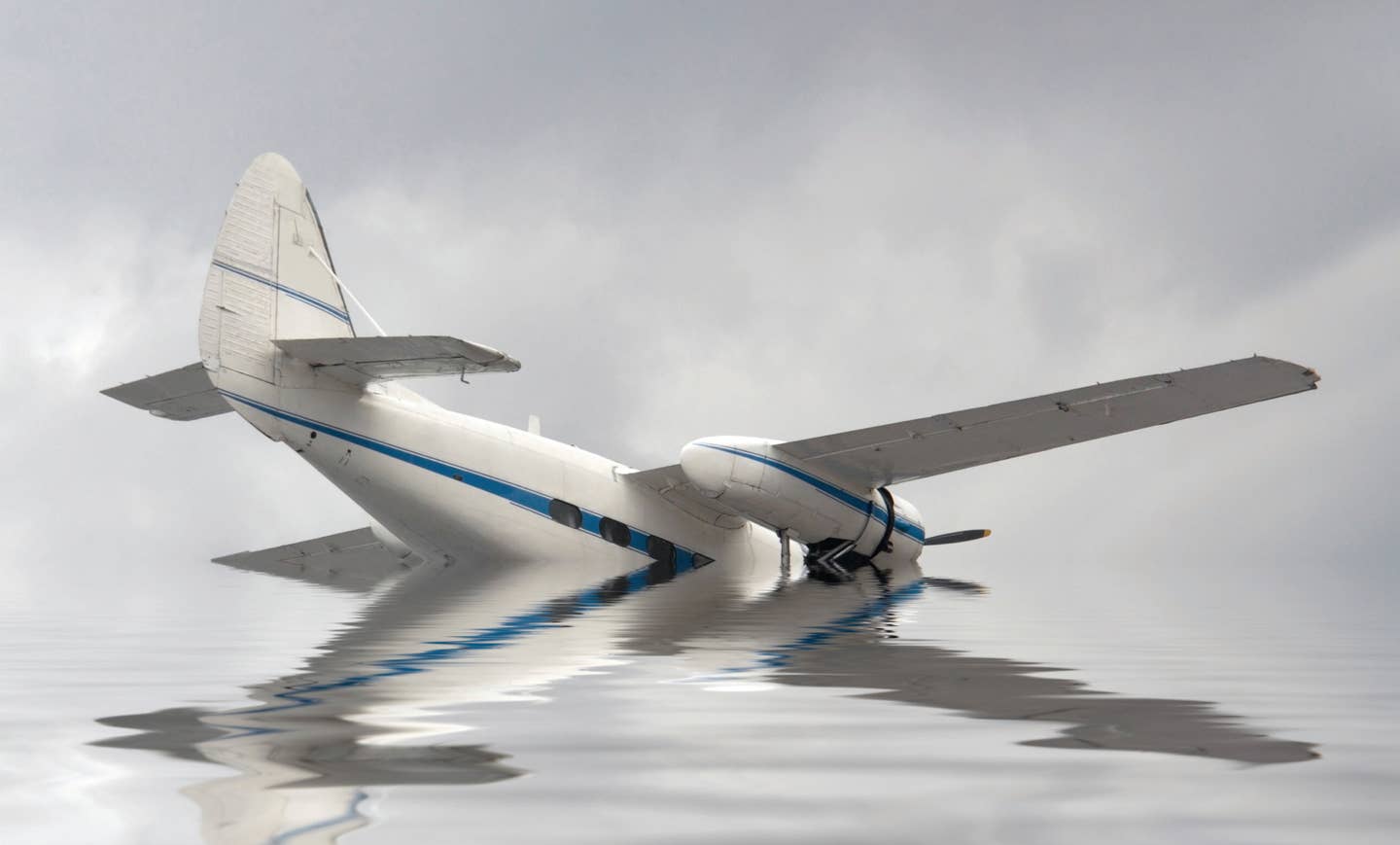Simulated Flight in Real, Uninterrupted Time
Microsoft Flight Simulator offers the experience of navigating live weather while flying to far-flung destinations.
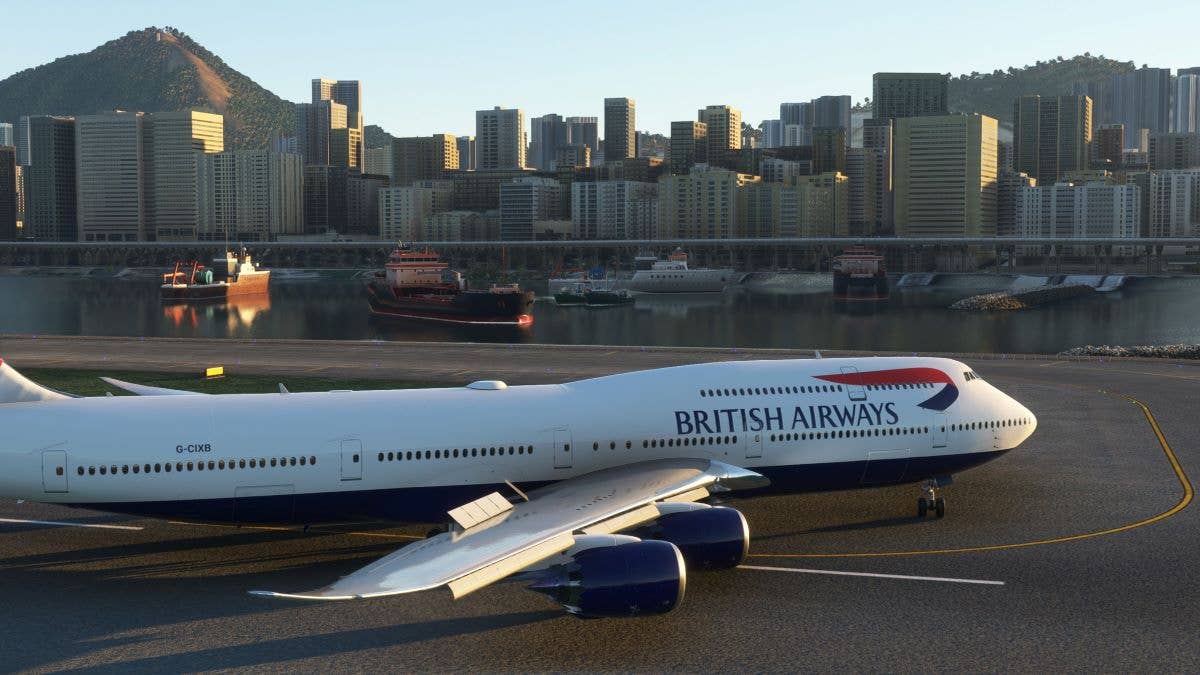
Microsoft Flight Simulator offers the experience of navigating live weather while flying to far-flung destinations. [Image courtesy: Peter James]
Recently I took a real-time trip in Microsoft Flight Simulator 2020 (MSFS 2020) over multiple days, from the contiguous U.S. to far western Alaska—a place I would love to see in real life, and certainly a popular place for aviation in general. Although frequently associated with horrendous weather, Alaska is a place that’s probably not often seen except in the last few seconds at minimums and below, or on the TV show, “The Deadliest Catch.”
My weather was live and real-time as usual, and I was greeted by ceiling and visibility unlimited (CAVU) the day I started this trip. Once there, I marveled at the incredible scenery and beauty of it all, with lots of snowy landscapes to view. It was early spring but winter in Alaska using the live weather features of MSFS, showed the heavy snows they have been having this year are still in place.
But once flying a variety of heavy aircraft west along the Aleutian Islands, far western Alaska isn’t far from Russia. My curiosity got the best of me, so I continued the short two-hour trip westward to land in Petropavlovsk-Kamchatsky Airport (UHPP), a fairly remote outpost but real-world fuel stop for Asia-bound ferry flights.
From UHPP, it was only another two hours or so to northern Japan, where the flowers were in full bloom and the weather warmer and more inviting. From there, I decided to explore North Korea, but my stay was brief. I entered illegally and had to get out fast, prohibited from taking any photos.
A day trip was reduced to 20 minutes at hypersonic speeds. After some great difficulty hand flying this beast, I was able to get it back into the normal atmosphere, approach the new Hong Kong International Airport (VHHH) with wide open runways, and land at some 200 kts. I was exhausted, but the real reason to come to the new Hong Kong airport is to see the old one, Kai Tak International Airport (VHHX), which operated until 1998.
For any aviation fan, the destination rekindles some great memories of when airline pilots had to practice the famous “checkerboard” approach to Kai Tak’s Runway 13. It was perhaps the most famous airport in the world back then, and lives today in fame.
We can explore what landing at Kai Tak was like via MSFS, which still has the airport open and fully operational. Here, I selected the Boeing 747-8i, an aircraft popular among passenger airlines until recently.
This was one of those special flight sim moments where I remember this event as if it were real. To be able to experience a famous, challenging airport, one that thousands of aviators worldwide got to experience first hand, hand flying in their wide bodies and heavy jets of their time into this exciting airport.
I had hoped in my lifetime that I would have been able to experience flying into Kai Tak International but sadly missed that opportunity. My feelings are similar to having never been able to fly or even be a passenger on the Concorde. Yet we have all of this in MSFS and other simulators as well, keeping this dream alive.

Subscribe to Our Newsletter
Get the latest FLYING stories delivered directly to your inbox

